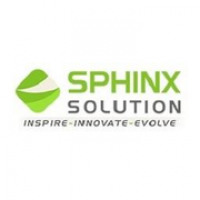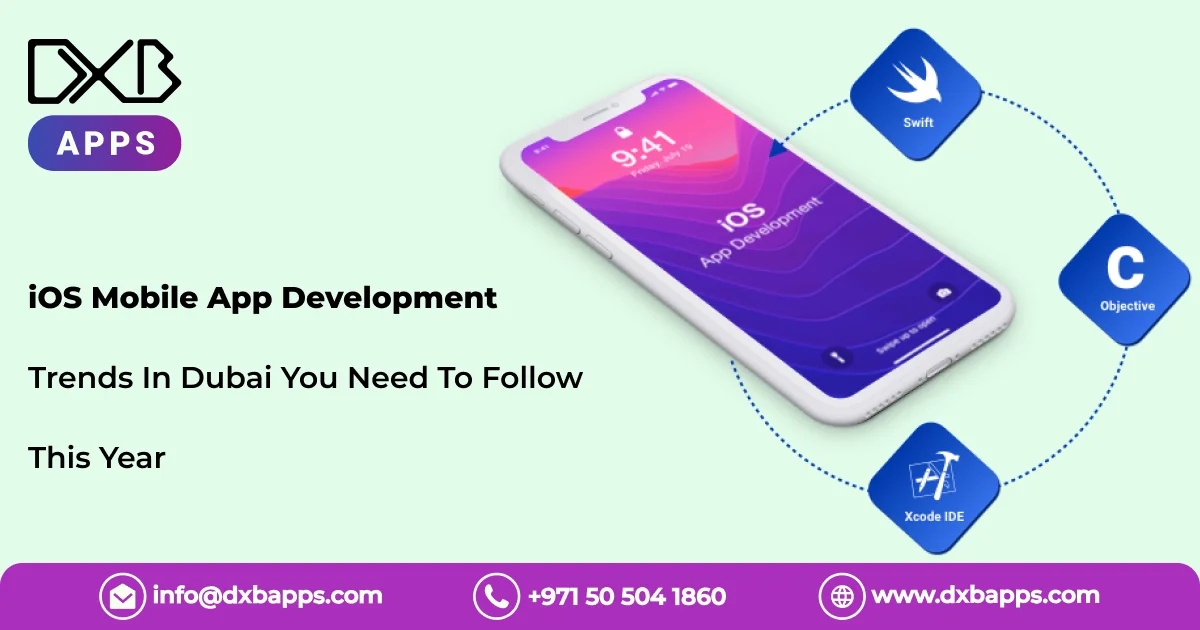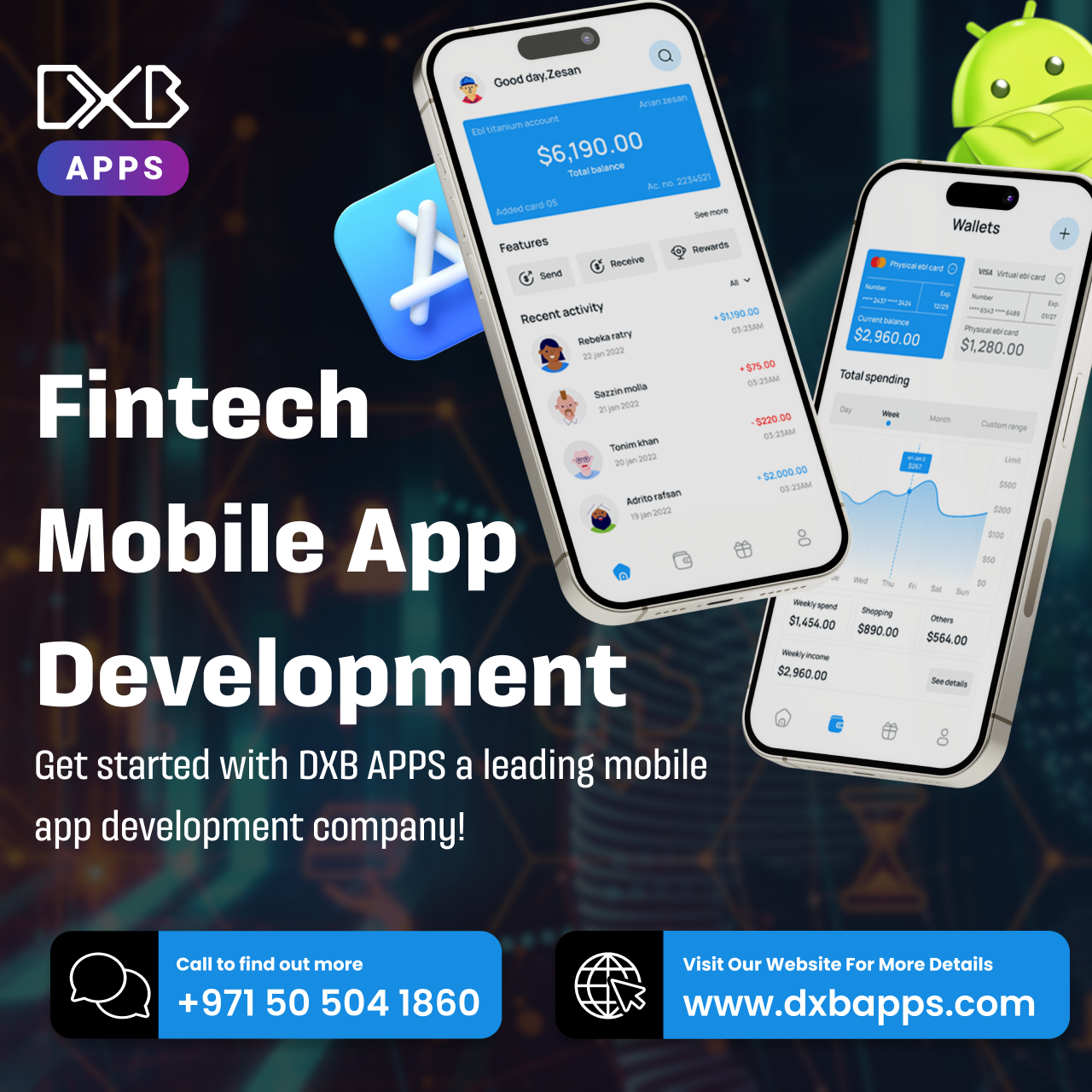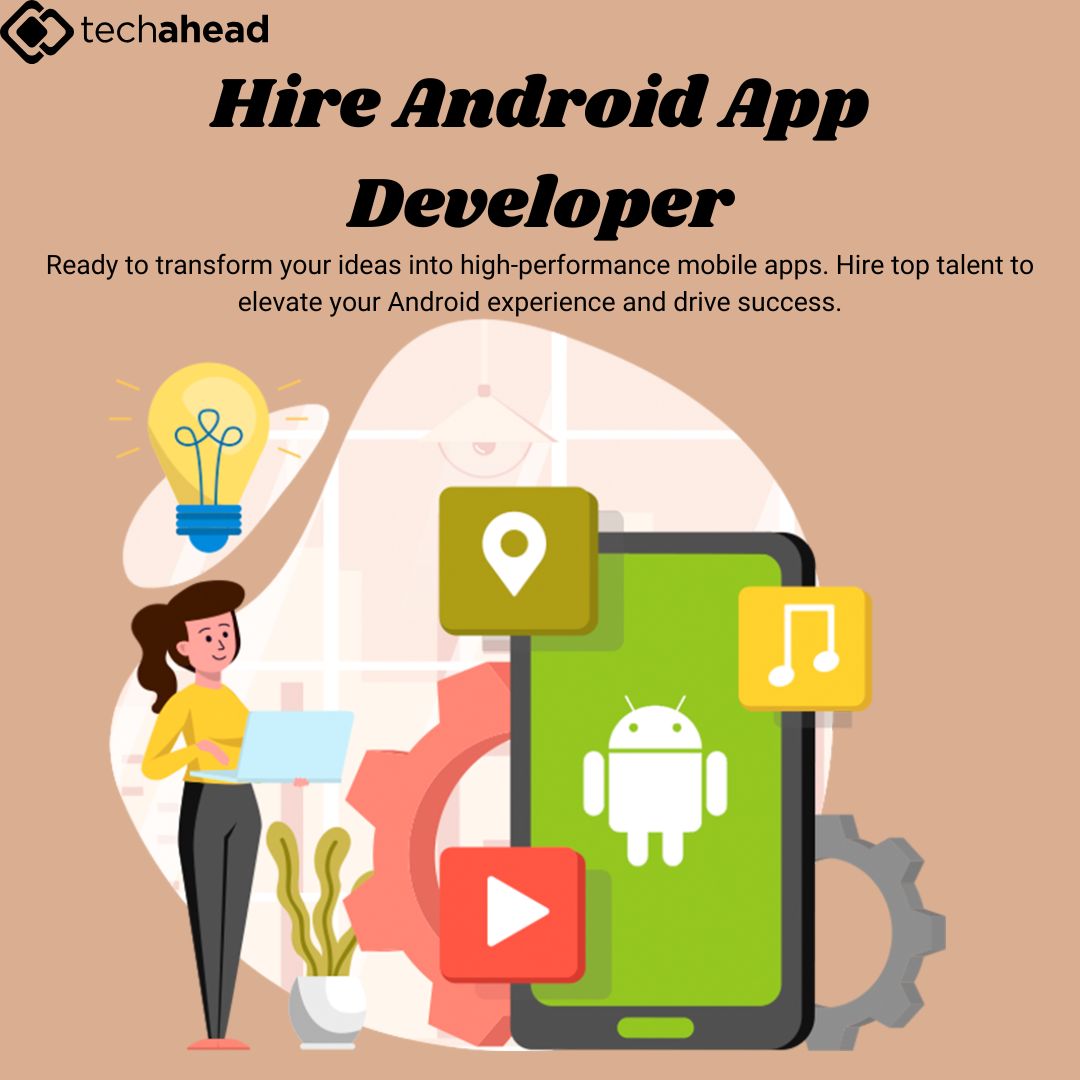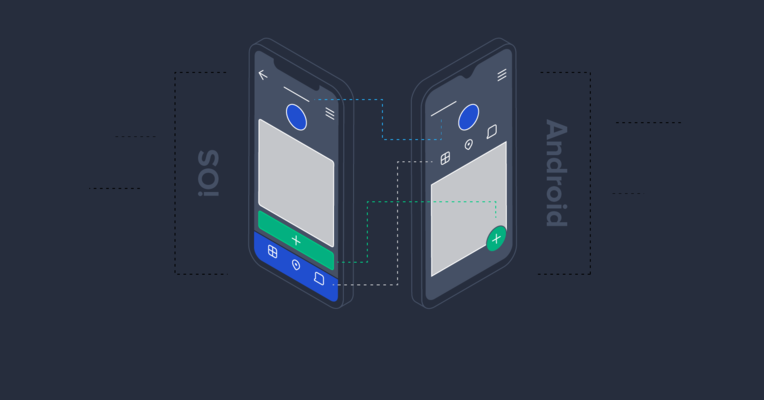EdTech App Development Trends to Watch in 2025
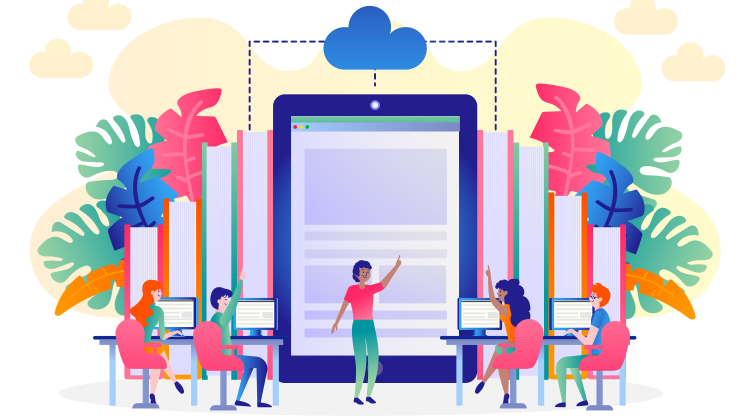
The realm of education is rapidly transforming, thanks to the integration of technology into traditional learning models. EdTech app development plays a pivotal role in this shift, creating innovative solutions for students, educators, and institutions alike. As we move into 2025, understanding the latest trends in EdTech app development can give developers, businesses, and educational organizations a competitive edge. This blog explores these emerging trends and highlights the technologies shaping the future of education.
✍️ Design plays a huge role in user retention. Learn how UI/UX design in app development shapes user experiences and impacts success rates.
Personalized Learning Through AI
Artificial Intelligence (AI) is a game-changer in EdTech app development, enabling personalized learning experiences tailored to individual needs. AI-driven algorithms analyze user behavior to recommend resources, assignments, or courses based on a learner's preferences and performance. This customization not only enhances engagement but also improves knowledge retention.
For example, educational apps leveraging AI can adapt to different learning speeds, ensuring that no student is left behind. By incorporating advanced AI techniques, EdTech app development continues to push the boundaries of personalized education.
Gamification for Engaged Learning
Gamification is another transformative trend gaining traction in EdTech app development. By integrating game-like elements—such as rewards, badges, and leaderboards—apps motivate learners and make studying enjoyable. Research shows that gamified learning can increase student participation and foster healthy competition.
Apps incorporating gamification cater to a wide audience, from children practicing basic arithmetic to adults learning new professional skills. By blending entertainment with education, EdTech app development bridges the gap between technology and effective learning strategies.
Augmented and Virtual Reality (AR/VR) in Education
The adoption of AR and VR is revolutionizing the educational landscape. These technologies provide immersive learning experiences, making concepts tangible and interactive. For instance, a VR-enabled science app can allow students to explore the human body in 3D or conduct virtual chemistry experiments.
Similarly, AR can enhance classroom materials by adding layers of information accessible through devices like smartphones or AR glasses. Such advancements underline the innovative potential of EdTech app development in creating engaging and effective educational tools.
Blockchain for Secure Credentialing
Blockchain technology is redefining how educational credentials are issued, verified, and stored. Digital credentials, powered by blockchain, ensure transparency and prevent fraud. Students, educators, and employers can securely access and share verified certifications without intermediaries.
This application of blockchain in EdTech app development simplifies administrative tasks and builds trust within the ecosystem. In the future, blockchain is expected to become a standard for managing educational records.
Microlearning Modules for On-the-Go Education
Microlearning, which breaks down complex subjects into bite-sized modules, is a rising trend in EdTech app development. Catering to modern learners’ busy schedules, microlearning modules focus on delivering concise, impactful content that can be absorbed quickly.
EdTech apps offering microlearning often include video tutorials, quizzes, and infographics that facilitate short bursts of focused learning. This approach resonates particularly with corporate professionals and students preparing for exams, driving the demand for more innovative microlearning solutions.
Cloud-Based Learning Platforms
Cloud computing continues to shape the infrastructure of educational apps. By enabling seamless access to resources, cloud-based platforms foster collaboration between students and educators. Learners can access their study materials anytime, anywhere, without being restricted by hardware limitations.
Furthermore, cloud-based solutions are scalable and cost-effective, making them indispensable in EdTech app development. These platforms also support real-time updates, ensuring that users always have the most accurate and relevant information at their fingertips.
Focus on Accessibility and Inclusivity
Accessibility and inclusivity are crucial components of modern EdTech app development. Apps are increasingly incorporating features like voice recognition, screen readers, and multi-language support to ensure that they cater to diverse learner demographics, including those with disabilities.
Inclusive design ensures that no one is left behind in the digital education revolution. This approach not only meets ethical and legal standards but also expands the user base of educational applications.
Data Analytics for Measuring Success
The integration of data analytics is vital for evaluating the efficacy of educational apps. Analytics tools provide insights into user behavior, engagement levels, and learning outcomes. These metrics enable educators to refine content and improve teaching methodologies.
Through advanced analytics, EdTech app development ensures that educational applications are continuously optimized for better performance and learner satisfaction.
Conclusion
The future of education lies in the hands of technology, and EdTech app development is at the forefront of this transformation. Emerging trends like AI personalization, gamification, AR/VR integration, and blockchain credentialing are paving the way for a more accessible, engaging, and effective learning environment.
As 2025 unfolds, staying ahead in EdTech app development means embracing these innovations and leveraging them to create impactful educational tools. Whether you're an educator, a developer, or a business aiming to invest in education technology, keeping an eye on these trends will help you unlock new opportunities.
Incorporating these advancements ensures not only better learning outcomes but also a brighter future for education as a whole.
Note: IndiBlogHub features both user-submitted and editorial content. We do not verify third-party contributions. Read our Disclaimer and Privacy Policyfor details.

